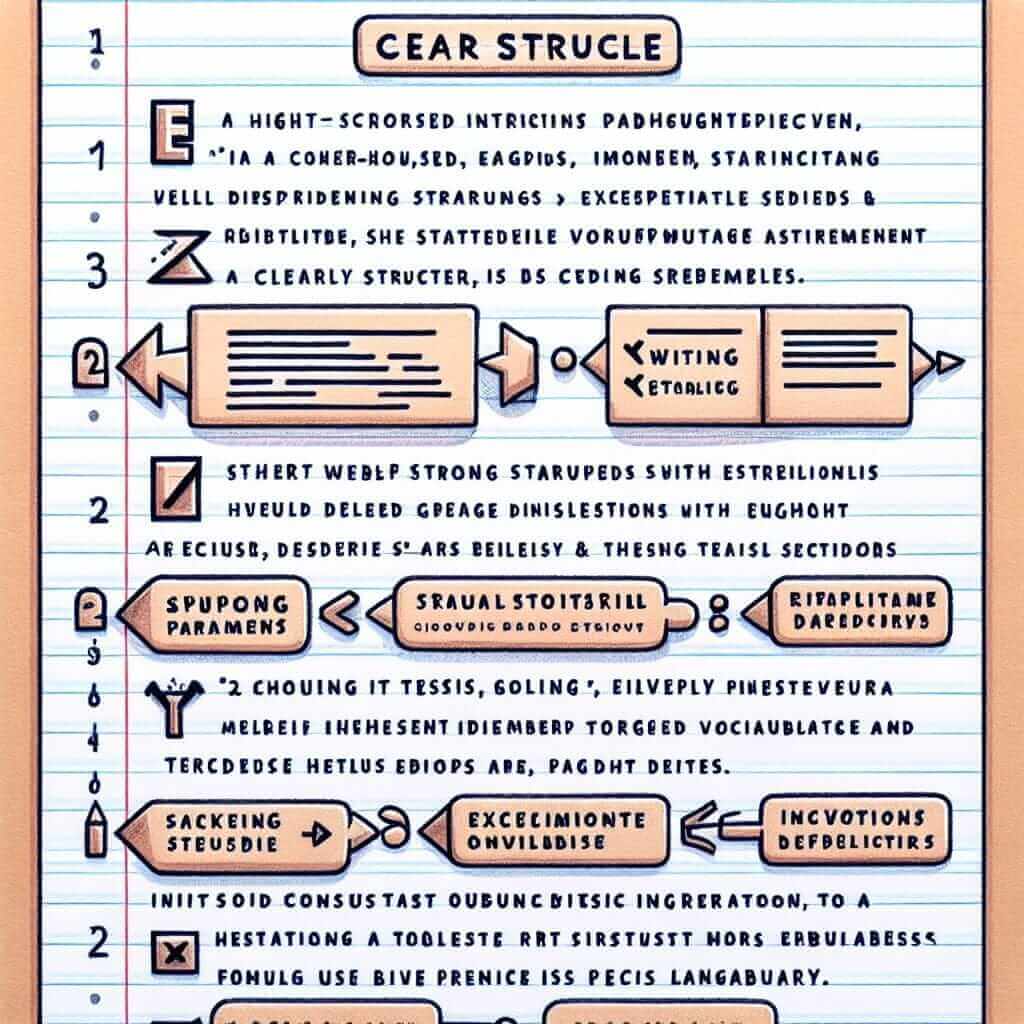For many aspiring English language learners, the IELTS exam can feel like a daunting mountain to climb, especially with only 10 days for preparation. However, as an IELTS instructor with over 20 years of experience, I assure you that with a focused and strategic approach, significant improvement is achievable even within this limited timeframe. Let’s break down a plan to maximize your preparation in this 10-day sprint.
Understanding the Urgency: IELTS Preparation in 10 Days
While it’s true that mastering the IELTS takes dedicated time and effort, 10 days can be enough to boost your existing skills and familiarize yourself with the test format. The key lies in understanding your strengths and weaknesses and focusing your energy on areas with the highest potential for improvement.
Maximizing Your 10-Day IELTS Preparation
Here’s a structured plan to make the most of your 10 days:
1. Familiarize Yourself with the IELTS Format
Day 1-2:
- Understanding the Structure: Spend time getting acquainted with the structure of each section (Listening, Reading, Writing, and Speaking). Review sample questions and understand the marking criteria.
- Practice Tests: Take a full-length IELTS practice test under timed conditions. This will help you understand the test flow, identify your strengths and weaknesses, and get accustomed to the time pressure.
2. Focus on Your Weaknesses
Day 3-7:
- Analyze Practice Test Results: Identify the areas where you scored the lowest and dedicate more time to those sections. Was it Listening? Reading comprehension? Or structuring your Writing tasks?
- Targeted Practice: Utilize resources like official IELTS practice materials, online platforms, and textbooks to focus specifically on improving your weaker areas.
- Listening: Practice active listening with podcasts, news broadcasts, or documentaries. Pay attention to accents, vocabulary, and try to comprehend the overall meaning.
- Reading: Time your reading and work on skimming and scanning techniques to find information quickly. Practice understanding the main idea, identifying the writer’s purpose, and locating specific details.
- Writing: Review grammar rules, practice structuring different essay types (Task 1 & 2), and work on expressing your ideas clearly and coherently within the word count.
- Speaking: Practice speaking English daily. Record yourself answering typical IELTS Speaking questions and analyze your fluency, vocabulary, grammar, and pronunciation.
3. Enhance Your Vocabulary and Grammar
Day 8-9:
- Vocabulary Building: While cramming won’t work, focusing on high-frequency words used in the IELTS exam can be beneficial. Use flashcards, vocabulary apps, or online resources.
- Grammar Review: Brush up on essential grammar rules, particularly tenses, articles, prepositions, and subject-verb agreement. Practice using complex sentence structures to improve your writing and speaking scores.
4. Final Preparation and Review
Day 10:
- Mock Test: Take another full-length practice test under timed conditions to assess your progress and build your test-taking stamina.
- Review and Relax: Go over any challenging areas one last time. Get a good night’s sleep to ensure you’re well-rested and alert on exam day.

Example: Focusing on IELTS Writing Task 2 in 10 Days
Let’s say you’ve identified Writing Task 2 as your weakness. Here’s how you can structure your practice:
- Days 3-5: Analyze different essay types (opinion, discussion, advantage/disadvantage, problem/solution). Practice brainstorming ideas, structuring your essays, and writing clear topic sentences.
- Days 6-7: Focus on improving grammar and vocabulary. Practice using linking words, complex sentences, and academic vocabulary relevant to common IELTS themes.
- Days 8-9: Write full essays under timed conditions. Get feedback from an experienced IELTS tutor or use online resources to evaluate your writing.
Final Tips for Your 10-Day IELTS Journey
- Stay Consistent: Dedicate a specific amount of time each day to your studies. Consistency is key, even with limited time.
- Use Authentic Materials: Stick to official IELTS practice materials and reliable online resources to ensure you’re familiar with the latest exam format and question types.
- Don’t Neglect Any Section: Even if you excel in some areas, dedicate time to all four sections to maximize your overall score.
- Stay Calm and Confident: You’ve got this! Approach the exam with a positive mindset and trust in your preparation.
Remember, while 10 days may seem short, focused effort and a strategic approach can make a significant difference in your IELTS score. Good luck!